
The Healing Power of Touch: How Hugs Support Emotional Balance and Immune Health
Cuddling and hugging have far more impact than just emotional comfort — they can meaningfully enhance our overall well-being by stimulating the release of oxytocin, often referred to as the body’s natural “feel-good” hormone. Oxytocin is deeply involved in creating emotional bonds: when we embrace someone we care about, it generates a reassuring connection, reduces feelings of loneliness, and fosters a sense of psychological safety.
Scientific evidence supports the idea that hugging helps alleviate symptoms of depression as well. By physically connecting in this way, we signal intimacy and support, and oxytocin helps regulate mood. At the same time, hugging triggers a decrease in cortisol, the stress hormone, which can reduce both subjective anxiety and physiological stress responses. In a randomized controlled trial, researchers measured cortisol levels in participants who either received a hug, practiced self-soothing touch, or performed a neutral task. Both hugging and self-touch significantly lowered cortisol after exposure to a stressful situation. PMC+1
Lowering cortisol has broad implications—not just for how we feel mentally but also for our physical health. Chronic stress and elevated cortisol are known to impair immune function. When hugs reduce cortisol, they help mitigate these negative effects, thereby strengthening the body’s ability to respond to infections. vailhealth.org+2gvhc.org+2 According to a study highlighted by the Cleveland Clinic, for example, women in romantic relationships who shared regular hugs showed lower stress levels — and these kinds of simple, affectionate interactions seem to act as a natural buffer against stress. Cleveland Clinic
In addition, hugging appears to promote cardiovascular health. Research indicates that frequent, warm physical contact (such as a 20-second hug) is associated with lower blood pressure and reduced heart rate. The Berkeley Well-Being Institute+2A Healthier Michigan+2 This effect likely stems from the combined action of the parasympathetic nervous system (the “rest-and-digest” branch of our autonomic nervous system) being activated by touch, and the calming influence of oxytocin. MedicineNet
Beyond stress reduction and cardiovascular benefits, hugging can strengthen our immune defences in more specific ways. One strand of research suggests that physical pressure during a hug might stimulate the thymus gland, which plays a role in regulating white blood cells, important for immune function. nnc.gov.ph+1 In a striking study from Carnegie Mellon University, over 400 people were exposed to a common cold virus: those who reported receiving more hugs in the two weeks before exposure were not only less likely to become ill, but if they did catch a cold, their symptoms were less severe. gvhc.org+1
In short, the simple act of cuddling or hugging is far more than a warm gesture — it is a biologically powerful way to support both mental and physical health. Through the release of oxytocin, reduction in cortisol, and activation of parasympathetic pathways, hugging fosters emotional resilience, helps calm anxiety, and boosts immune function. Even small, consistent moments of closeness — whether with a partner, family member, or friend — can yield meaningful well-being benefits.
News in the same category


mRNA Vaccines Show Early Evidence of Slowing Cancer Progression

The Real Crime Is Hunger: A Judge’s Moral Verdict on a Child’s Desperation

Injectable Gel Breakthrough Brings New Hope for Nerve Regeneration

Goodbye Synthetic Dyes: Doritos Join the Push for Cleaner, Transparent Ingredients
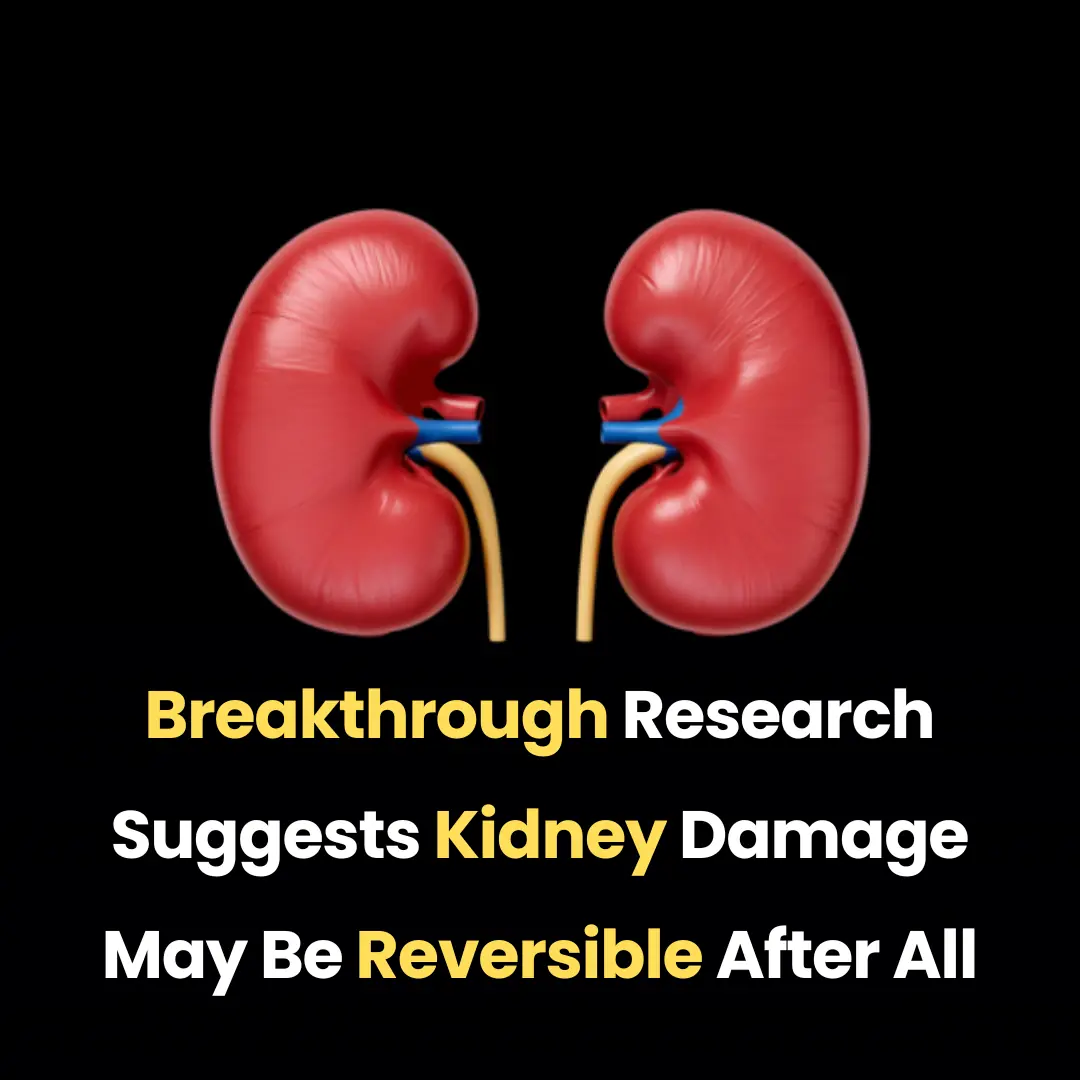
Breakthrough Research Suggests Kidney Damage May Be Reversible After All
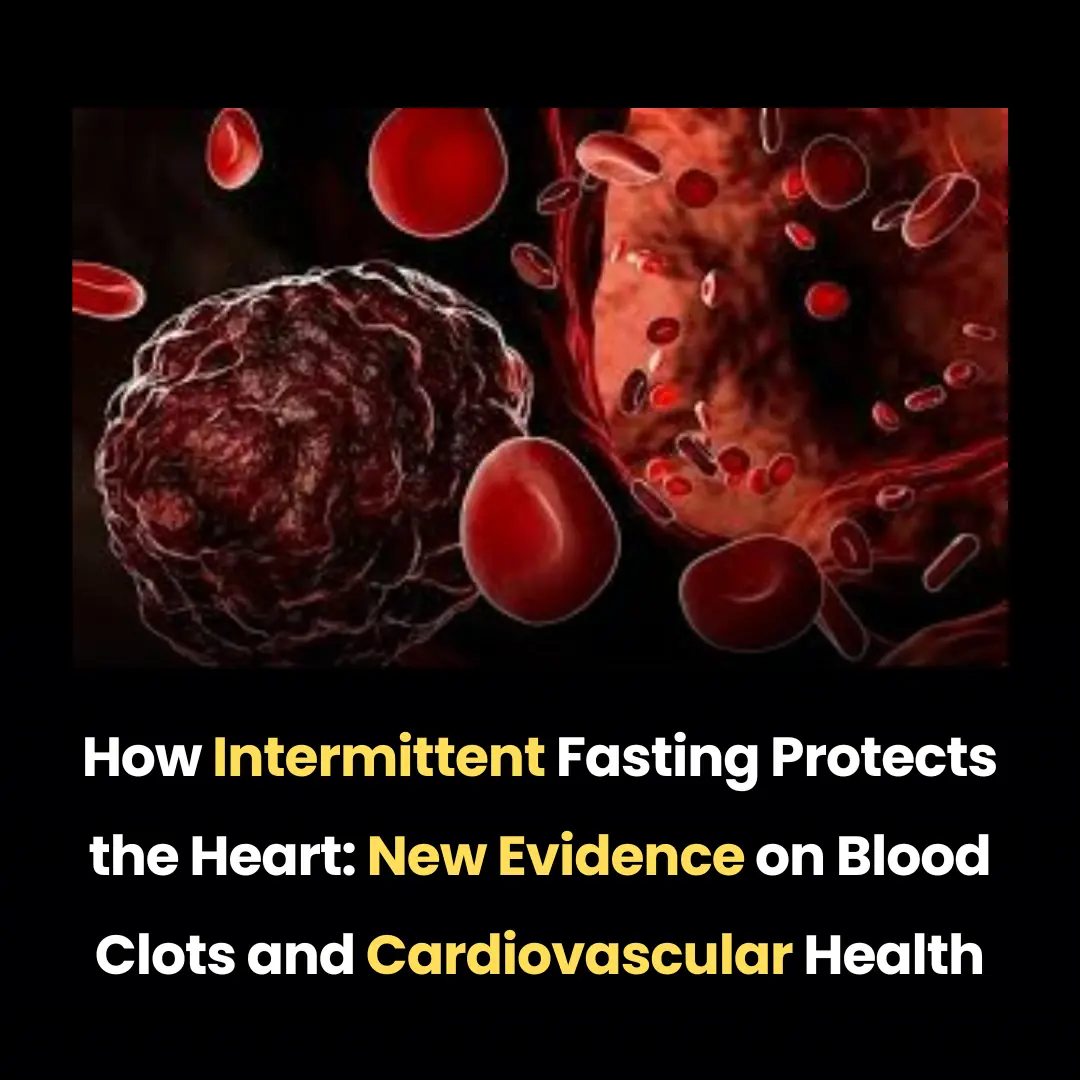
How Intermittent Fasting Protects the Heart: New Evidence on Blood Clots and Cardiovascular Health
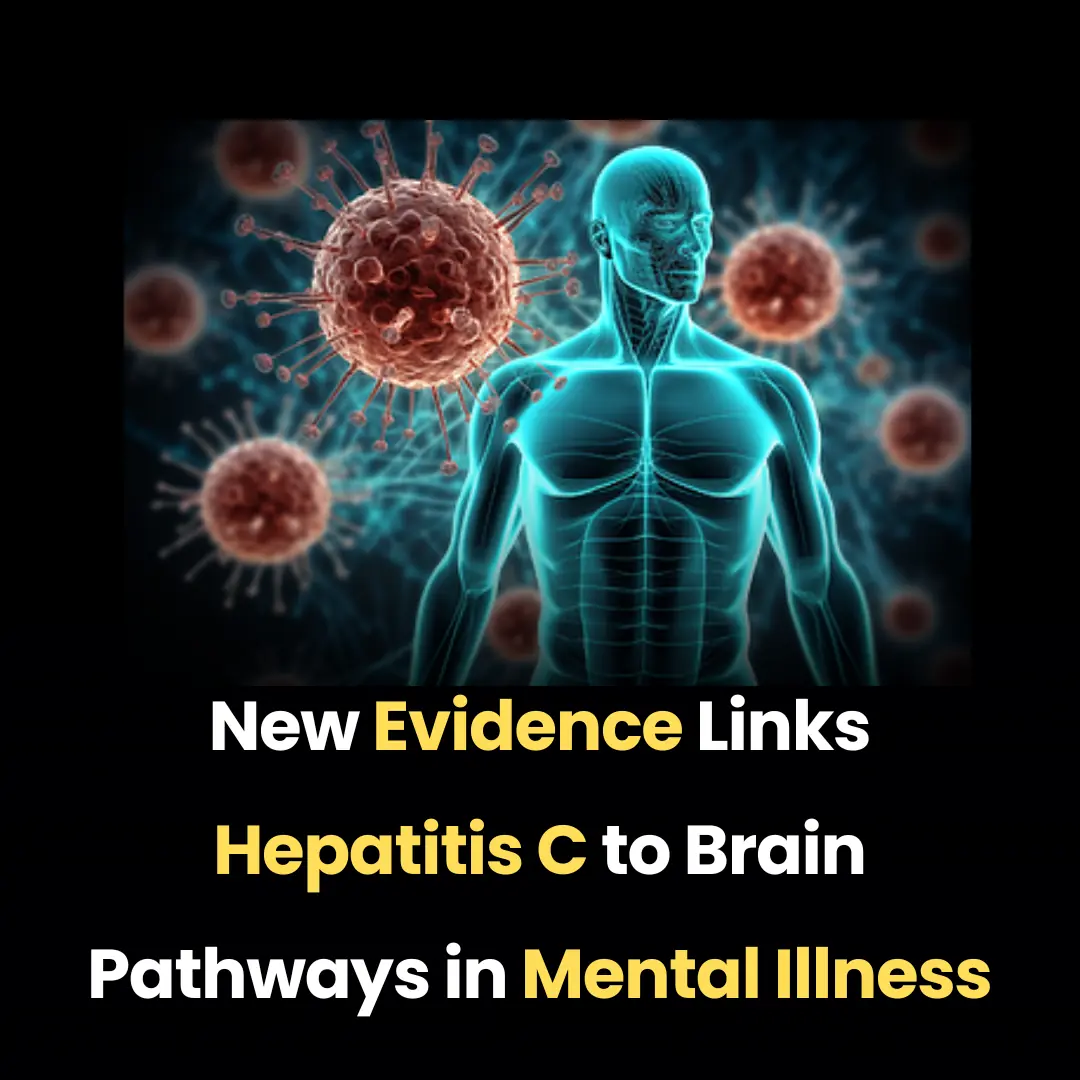
New Evidence Links Hepatitis C to Brain Pathways in Mental Illness

If You See a Woman Wearing a Wedding Ring On Her Pinky, Here's What It Means

Reinventing Renewable Energy: Germany Launches Compact Turbine for Off-Grid Power
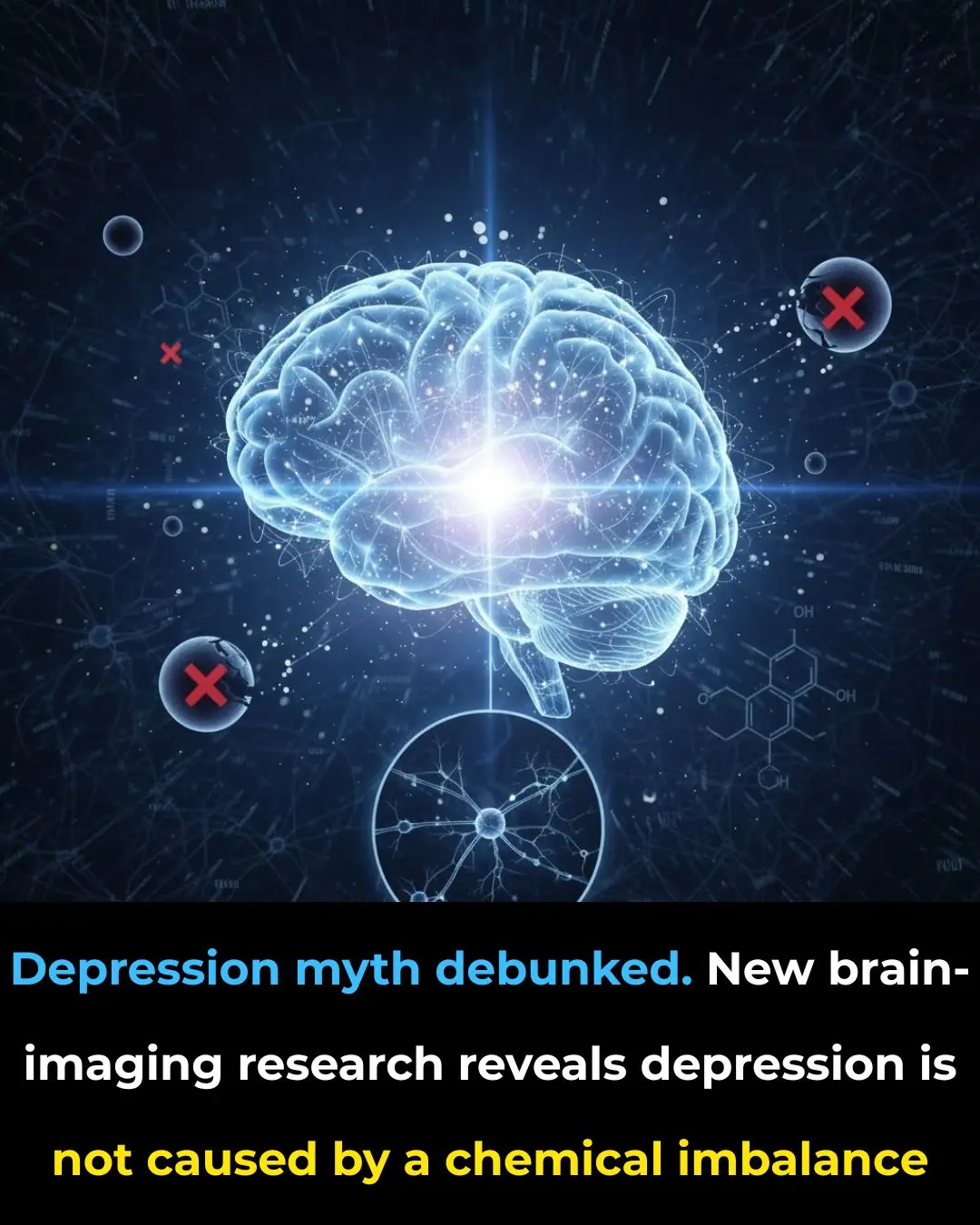
Rethinking Depression: New Brain-Imaging Research Reveals It’s More Than a Chemical Imbalance

Seventeen Years Lost: How a Look-Alike Helped Free an Innocent Man
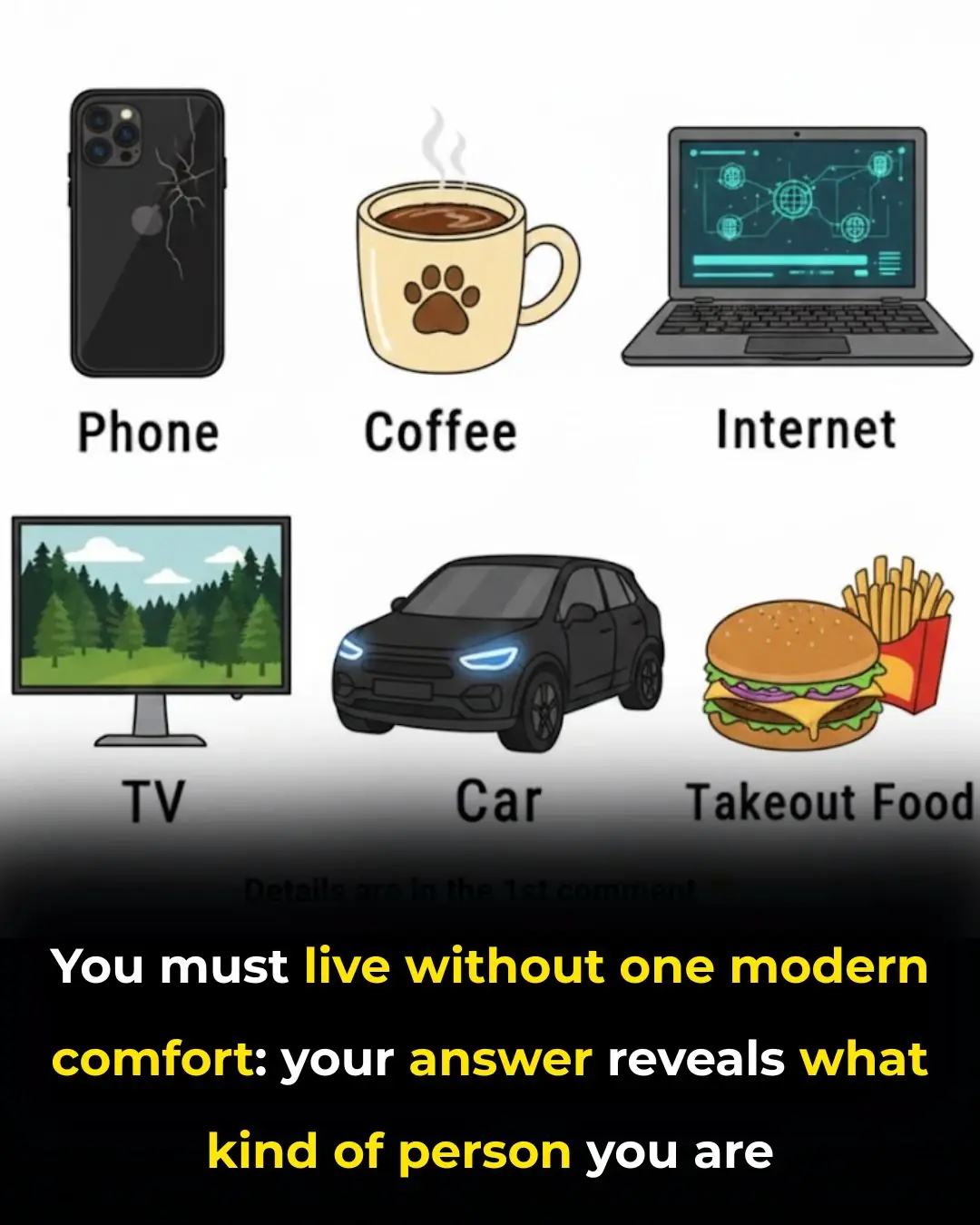
You Must Live Without One Modern Comfort — Your Choice Reveals Who You Really Are

Why do foreigners use electric kettles so little even though they are very convenient?
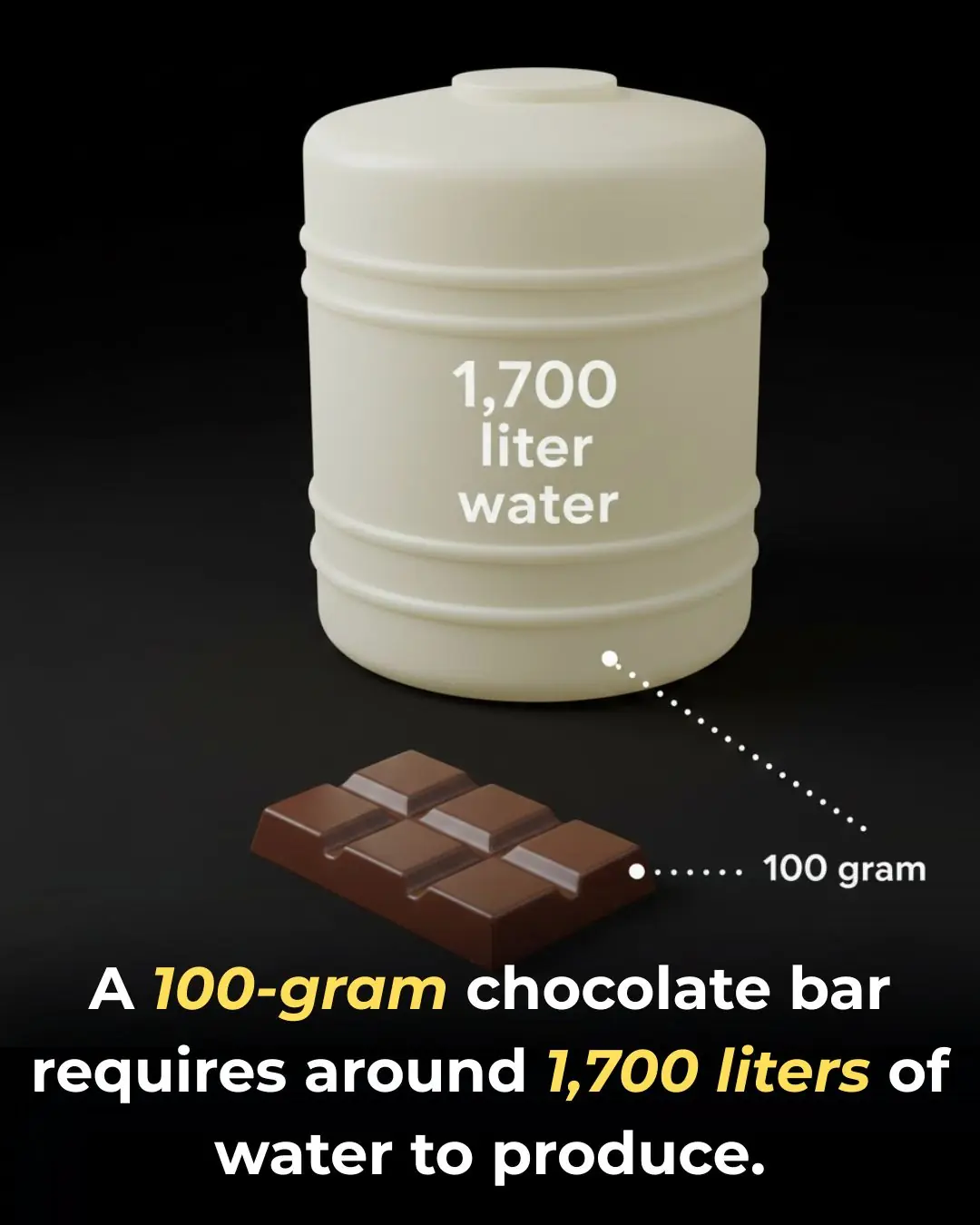
How Poor Sitting Posture Impacts Your Spine, Muscles, and Overall Health
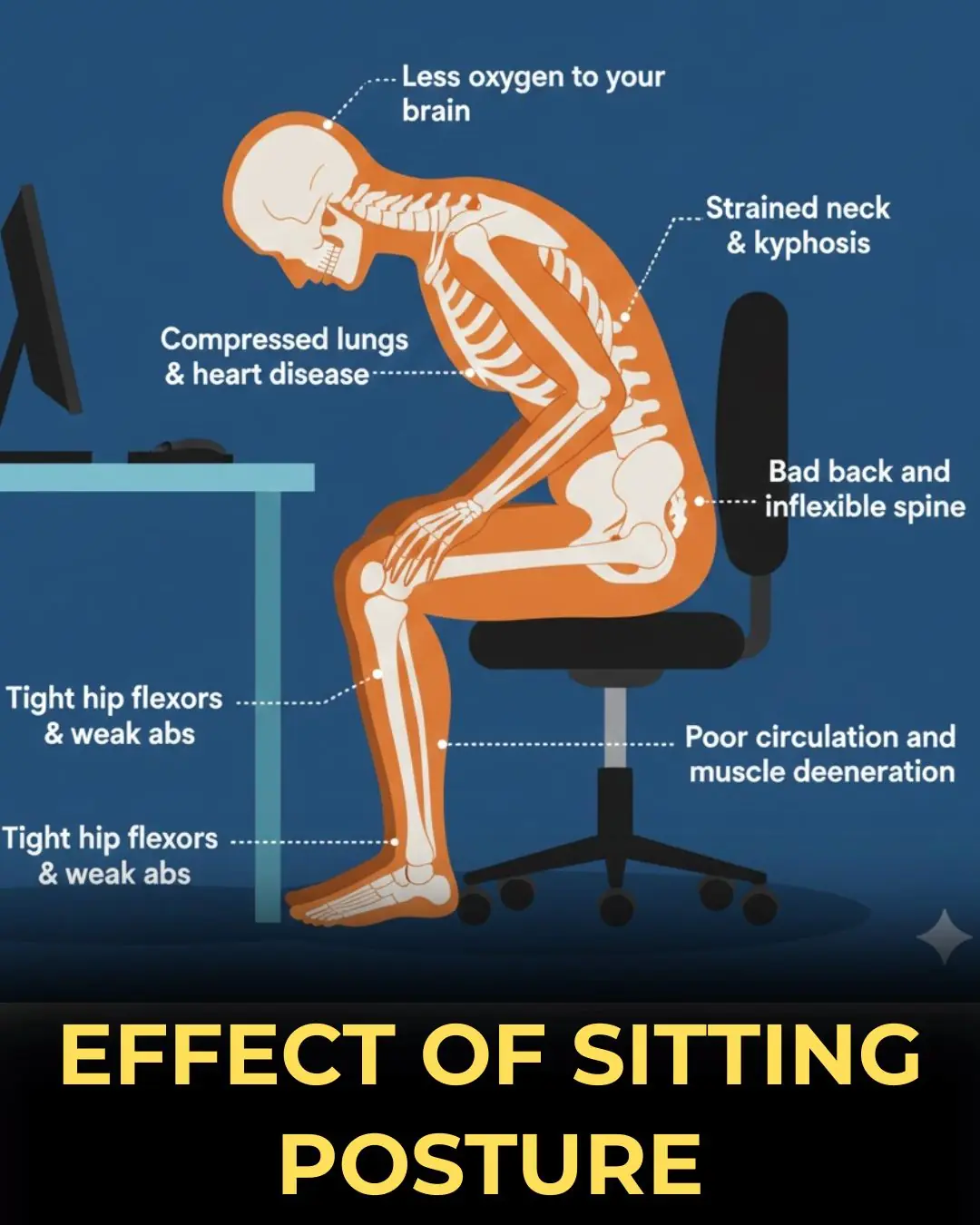
Understanding the Long-Term Consequences of Poor Sitting Posture
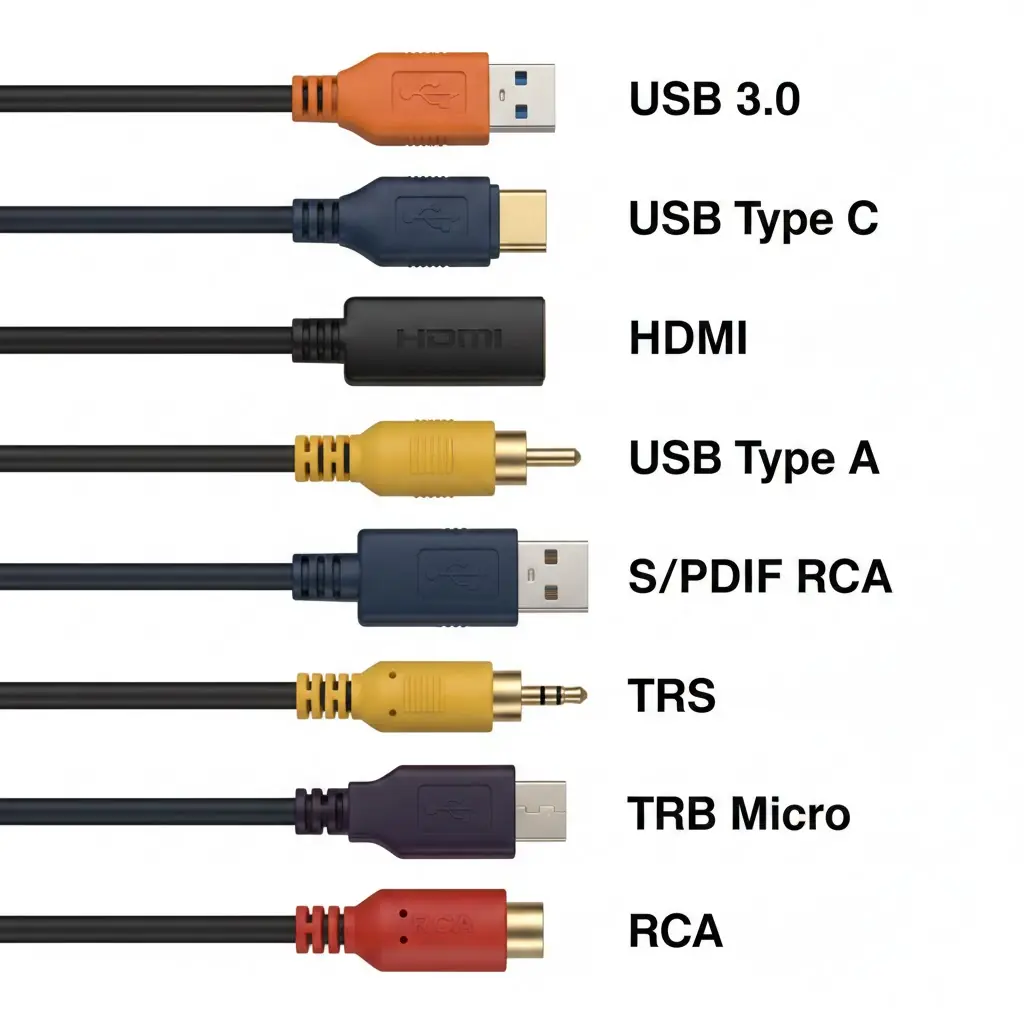
A Complete Guide to Common Cable Types and How They Keep Devices Connected
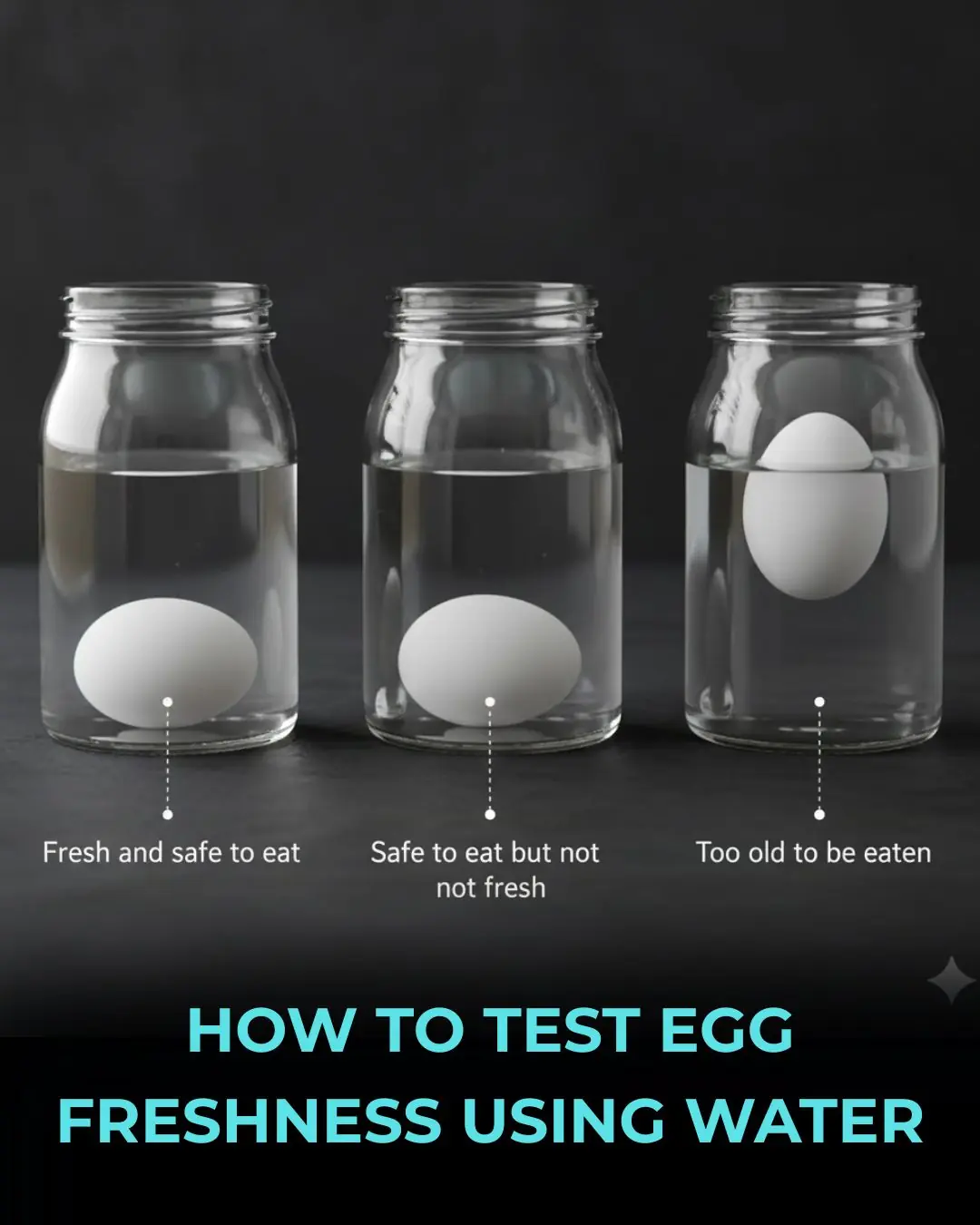
Egg Freshness Explained: What Sinking, Tilting, and Floating Really Mean

A Sleeping Giant Stirs: Taftan Volcano Experiences Uplift Driven by Shallow Gas Pressure
News Post

Pregnant Rebecca Adlington 'taking each day as it comes' after heartbreaking miscarriages

Ex-Emmerdale star Kelvin Fletcher and wife Liz share 'magical' family farm update

A-list actress looks completely unrecognizable in new ‘Hunger Games’ trailer
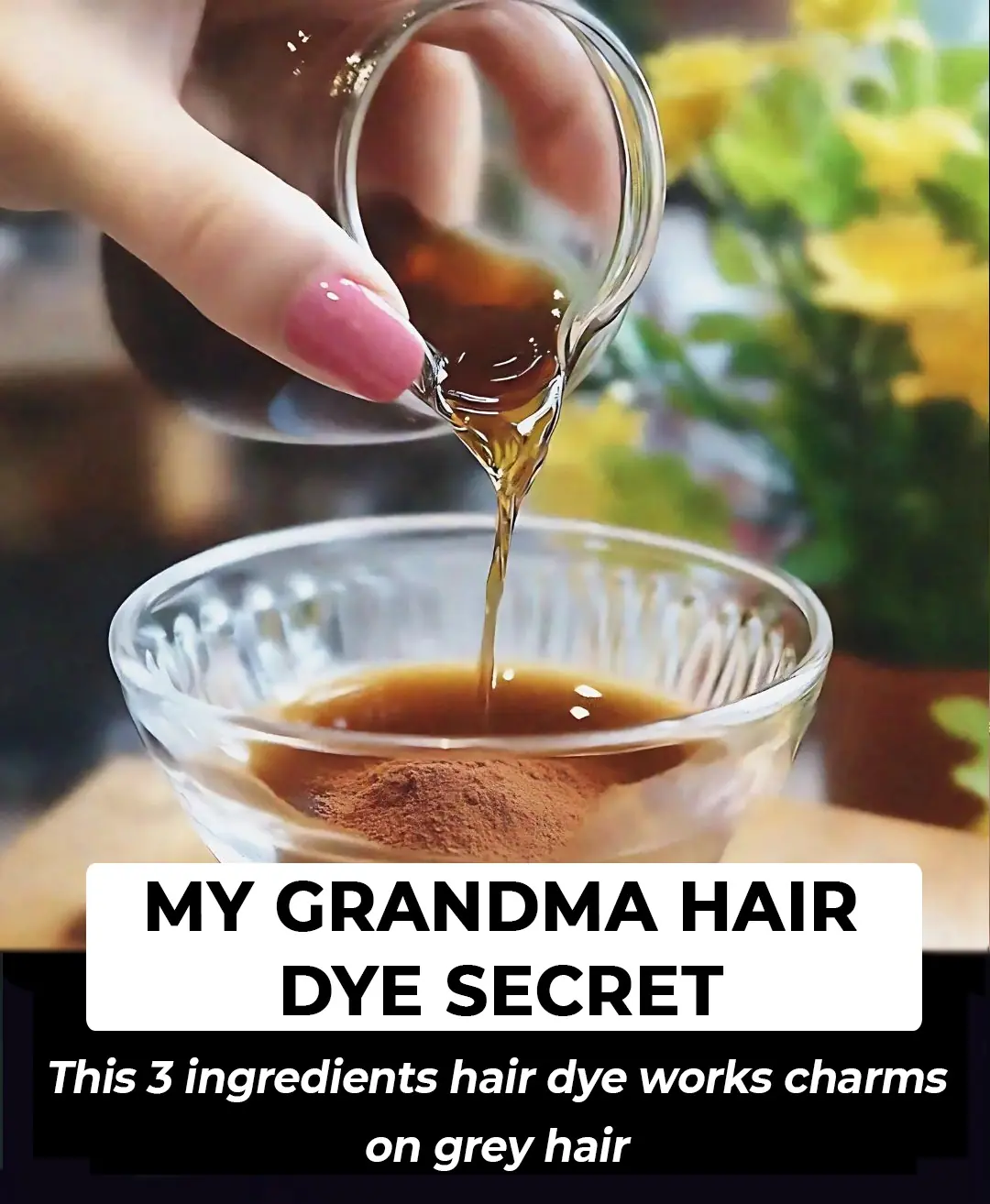
DIY Homemade Hair Dye That is Effective
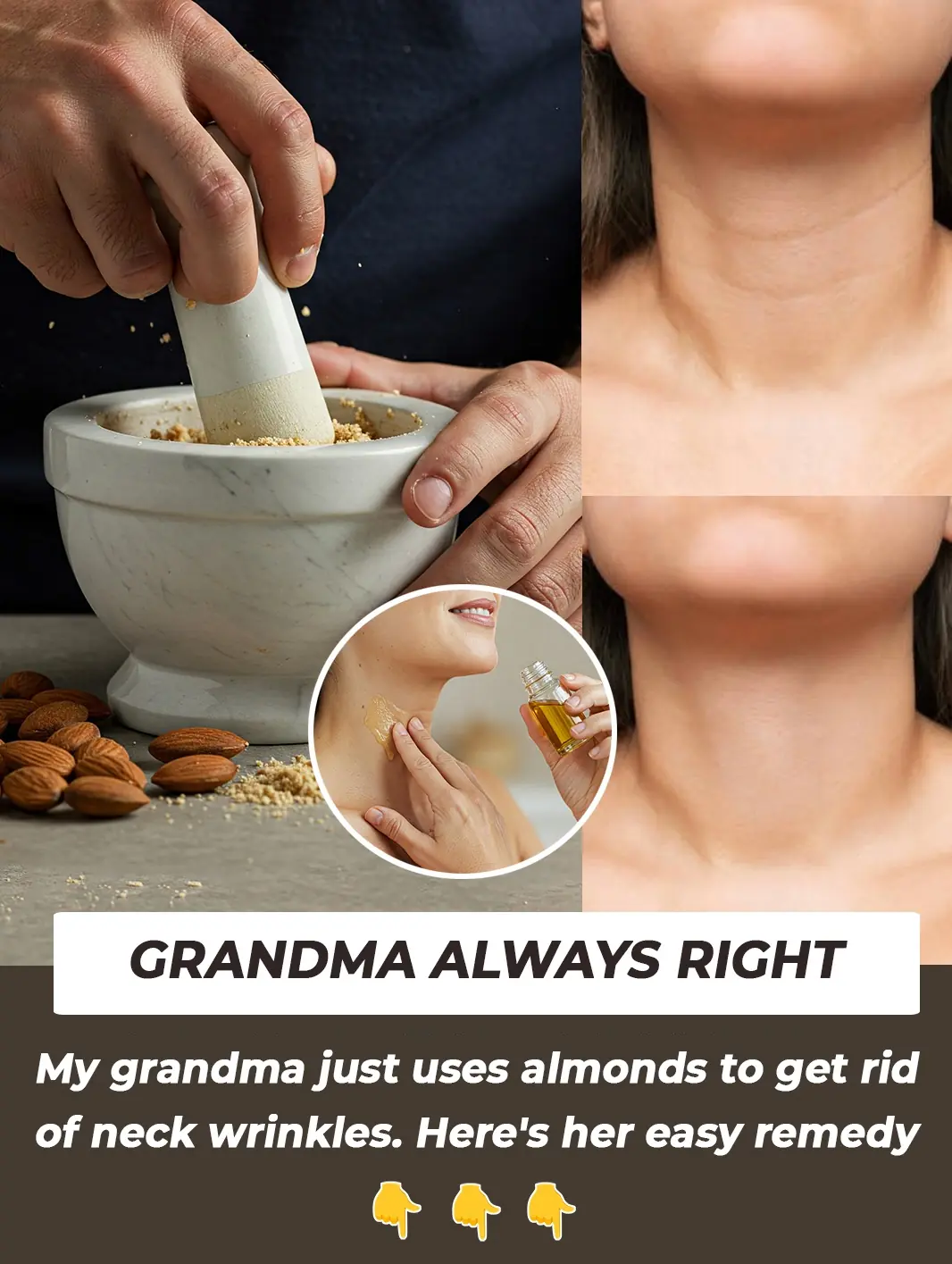
How To Use Almonds To Get Rid Of Neck Wrinkles

Scientists Reactivate the Brain’s Self-Cleaning System, Hinting at a Breakthrough for Alzheimer’s

Miracle Indian Bridal Ubtan For Skin Brightening

mRNA Vaccines Show Early Evidence of Slowing Cancer Progression

The Real Crime Is Hunger: A Judge’s Moral Verdict on a Child’s Desperation
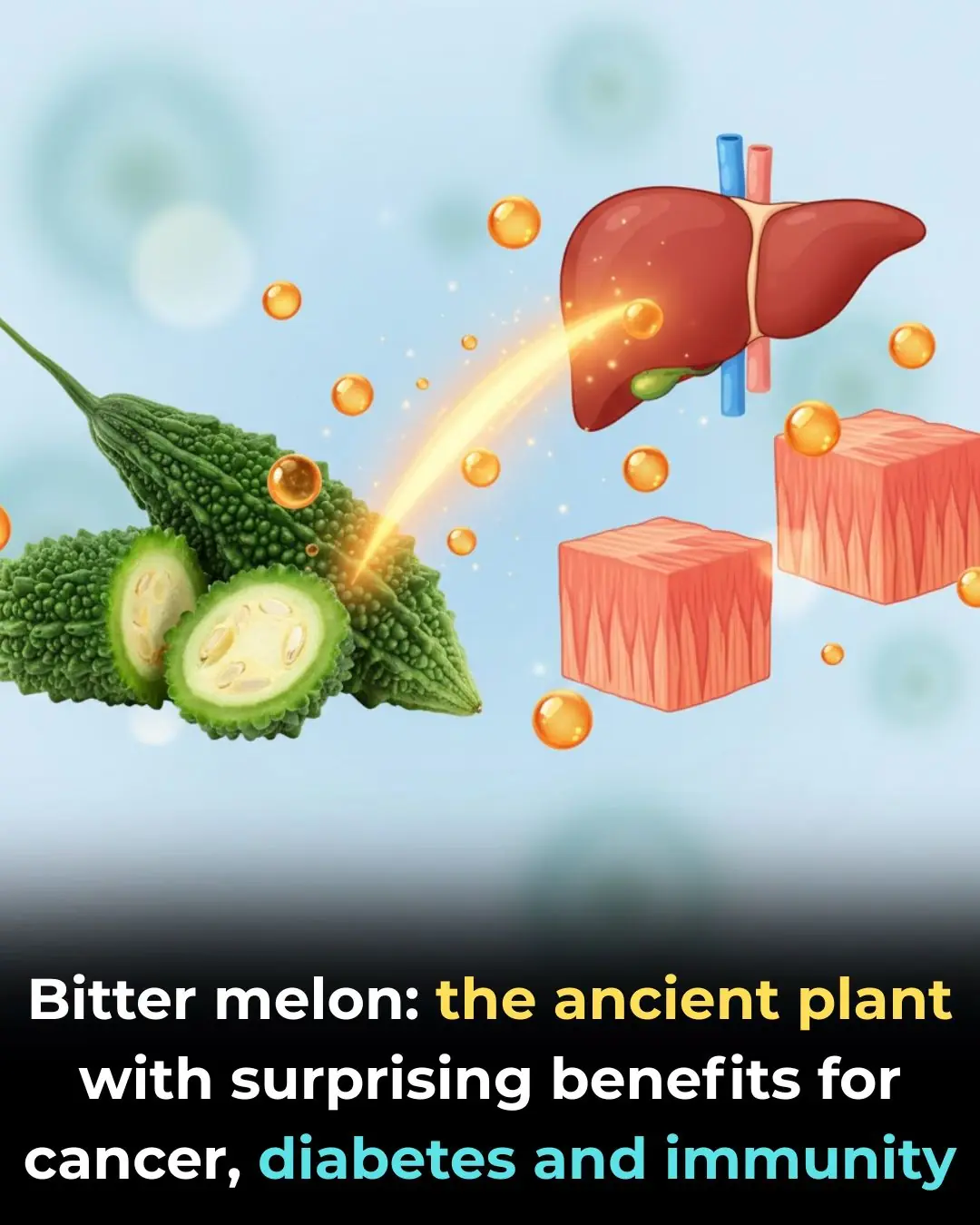
The Plant That Kills Cancer Cells, Stops Diabetes And Boosts Your Immune System!
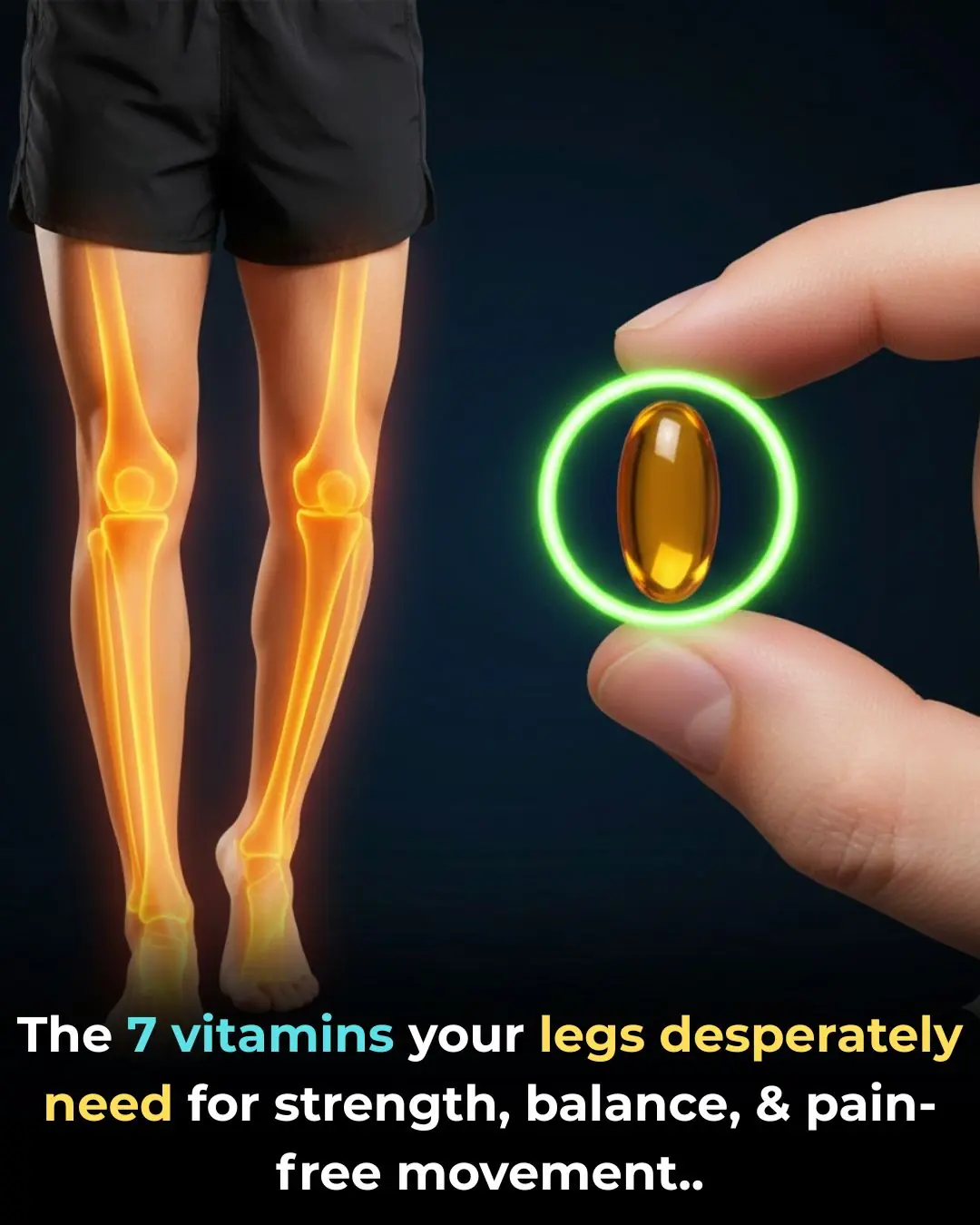
7 powerful vitamins you need for strong, healthy legs

Beware Portuguese Man-of-War Found on Beach

When washing clothes, don’t just put in detergent! Do this little trick, dirty clothes will be like new!

Injectable Gel Breakthrough Brings New Hope for Nerve Regeneration
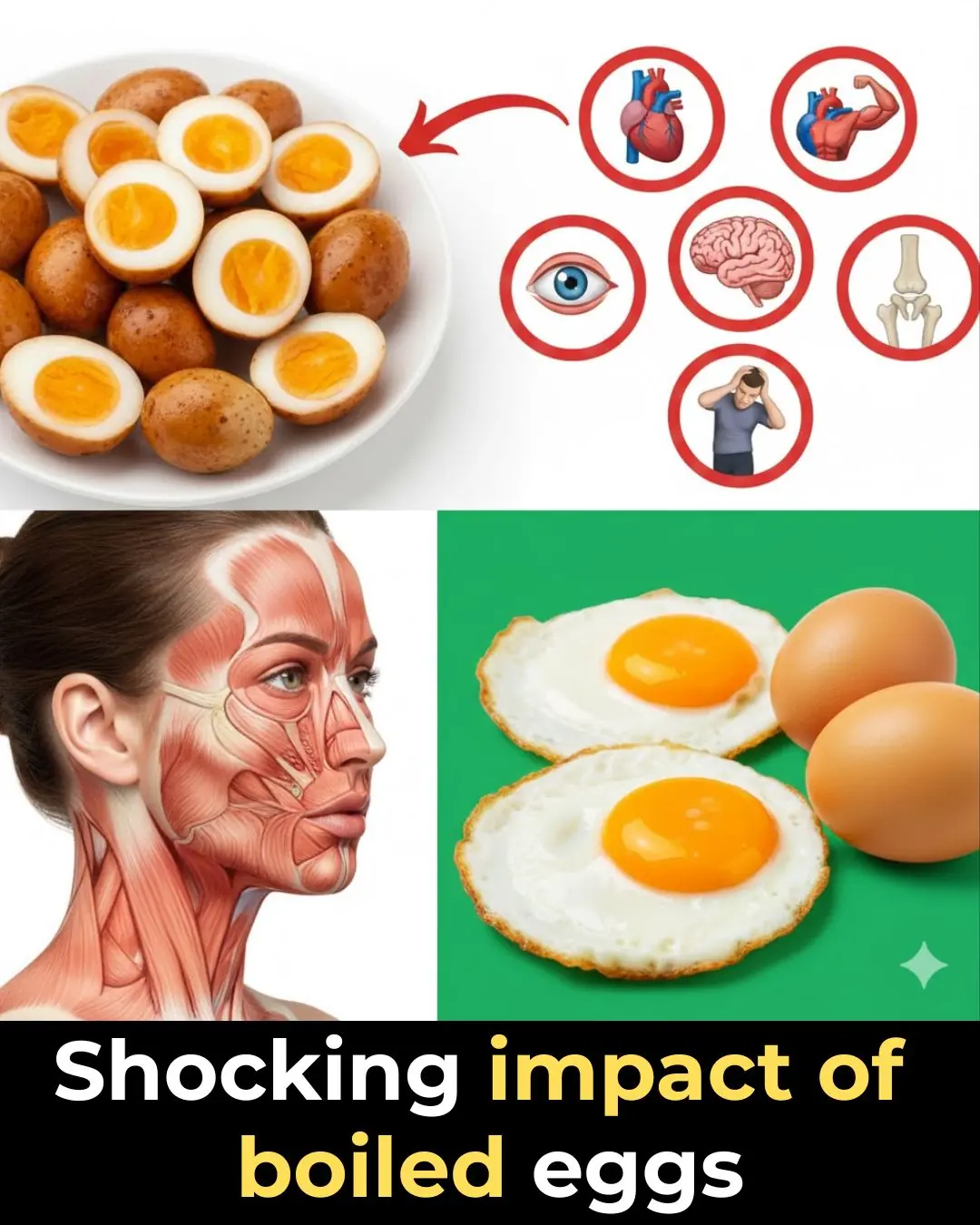
Why Boiled Eggs Deserve a Spot on Your Breakfast Table

Goodbye Synthetic Dyes: Doritos Join the Push for Cleaner, Transparent Ingredients

Breakthrough Research Suggests Kidney Damage May Be Reversible After All

How Intermittent Fasting Protects the Heart: New Evidence on Blood Clots and Cardiovascular Health

New Evidence Links Hepatitis C to Brain Pathways in Mental Illness
